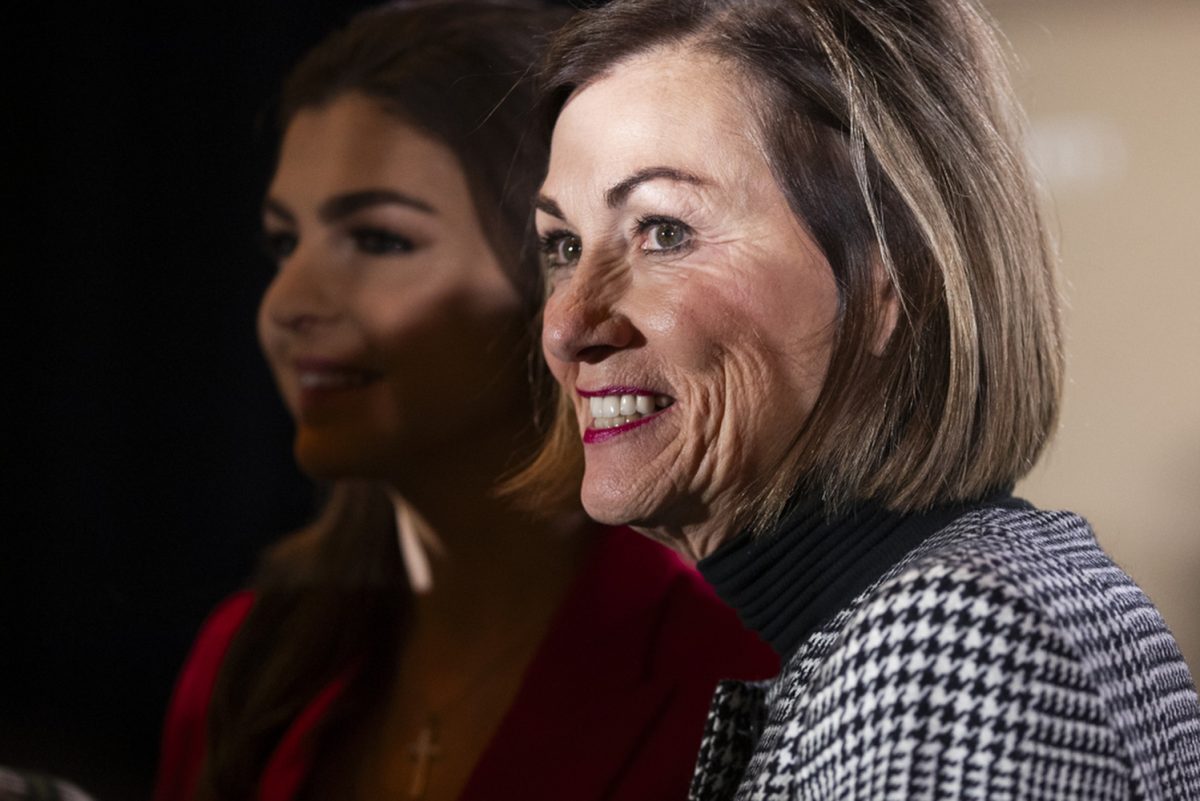Women’s basketball has recently gained a massive amount of attention and recognition. Despite this, a double standard still exists when evaluating and comparing the performance of female athletes.
This is especially evident when comparing the fan response to Caitlin Clark and Angel Reese, two highly talented basketball players subject to vastly different levels of scrutiny and judgment.
While Clark receives widespread praise and media attention for her exceptional skills, Reese’s achievements have largely gone unnoticed. This double standard highlights the need for a fairer and more equitable evaluation of female athletes in the world of sports.
According to NBC News, “Reese’s turmoil began when, near the end of LSU’s victory over Iowa in last year’s title game, she approached Iowa star Caitlin Clark and waved an open hand across her face, a move popularized by WWE star John Cena to mean ‘You can’t see me.’ Reese then pointed to her ring finger indicating that she would earn a championship ring.”
Reese received major backlash and death threats for this gesture, while Clark had made a similar gesture earlier in the tournament and was praised as the “Queen of Clapbacks.”
The backlash against Reese is a direct byproduct of specific discrimination against Black women called “misogynoir,” a term created by writer and activist Moya Bailey to describe the intersection of race and sex discrimination Black women experience.
Fans on X, formerly known as Twitter, immediately called out Reese’s actions as “classless,” with podcaster Keith Olbermann calling Reese an “f-ing idiot,” despite Clark engaging in the exact same behavior.
So, we must ask ourselves: Who is allowed to participate in what behaviors, and and why is that the case?
As writer Sumiko Wilson phrases it, “when Black women use their voices, the lightheartedness tends to disappear and the professional consequences and impact to their reputations can be significant. So who is actually allowed to engage?”
According to Janelle Joseph, assistant professor at the University of Toronto and founder of the Indigeneity, Diaspora, Equity, and Anti-Racism in Sport Research Lab, Reese’s villainization demonstrates that Black women and girls are called out for their actions while white women and girls are protected because of perceived innocence.
Numerically, the double standard in women’s sports presents itself in the individual earnings of each player and the sponsorships they receive. In the WMBA, Clark will have a starting salary of $76,535 and earn roughly $338,000 by the end of her fourth season, whereas Reese will earn about $13,000 less. In sponsorships, Reese earns around $1.4 million less than Clark despite having a larger number of sponsors.
It needs to be said that Clark is not the problem here. But neither is Reese. The problem is that those who engage with women’s basketball and sports, in general, are too willing to demonize Black women for the same behavior displayed by their white — and often male — counterparts.
Instead of trying to spin the patriarchal narrative of pitting women against each other in every way, sports fans need to let women, specifically Black women, play the sport they are more than qualified to play. Talented athletes should not be scrutinized based on how strangers think women should behave.











